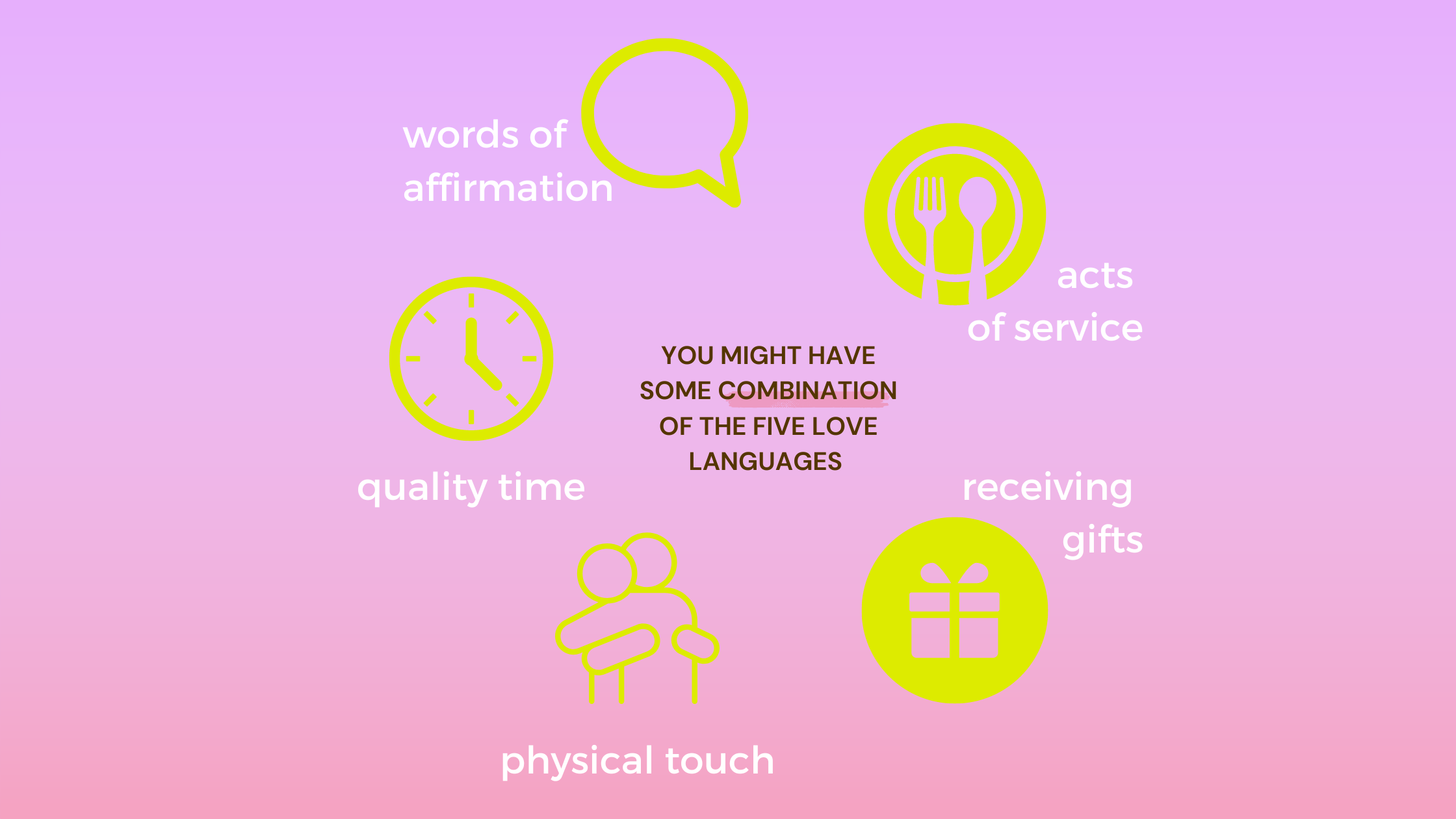Hey Humpday, what’s my love language?
Sooo you’ve got a better idea what your attachment style is thanks to blog numero uno (here if you missed it), but now you want to know “what is my love language?”
Let’s start with the basics.
What is a love language?
Love languages were first published in 1992 by marriage counsellor Gary Chapman in his book The 5 Love Languages: The Secret to Love That Lasts. Chapman identified five key categories through which we receive and express love – words of affirmation, acts of service, receiving gifts, quality time and physical touch.
Understanding how you and your partner experience love is an integral step to forming a healthy, authentic, and meaningful relationship. By practicing your partner’s love language and vice versa you can achieve a deeper sense of connection in your relationship.
How do I know which love languages I have?
We all experience love differently and in fact, even within us, we may express love differently to the way we wish to receive it. It is also possible to possess multiple love languages.
1. Words of Affirmation
Words of affirmation refers to verbal or written encouraging and positive words. Think compliments! This can be as simple as “I love you” or “I am grateful for you”.
2. Acts of Service
Actions speak louder than words? Then this could be for you! For those that value acts of service, having a helping hand makes you feel loved and cared for. Little acts such as offering to cook dinner or unloading the dishwasher can go a long way.
3. Receiving Gifts
People with this love language feel most appreciated when they receive a present as a visual representation of their partner’s affection. The more sentimental the better – think a framed photo from your first date or a photo album from your first holiday together. After all, it’s the though that counts right?
4. Quality Time
Do you long for time with your significant other? Those that value quality time, appreciate when they have their partner’s undivided attention, free from distractions (bye bye phone) and actively listening.
5. Physical Touch
Do you feel most affirmed by your partner through physical intimacy and touch? People who value physical connection, feel appreciated when they are hugged, kissed, cuddled or through sexual intercourse (with consent). Physical touch comes with a sense of warmth and comfort that can bring a great sense of affirmation and security to many.
Time for a quiz
Still not sure which love language(s) you have?
Take a quiz to find out!
Using love languages to your advantage
Self-awareness: Having a better understanding of your love language can provide great clarity into your wants and needs in a relationship.
Increased connection: By having an open discussion sharing with your partner your love language, you can ensure your needs are met and likewise you are fulfilling theirs. By determining our love languages, it can be easier to connect with our significant other, ensure you both feel loved and secure in your relationship.
Now go and date thoughtfully!




